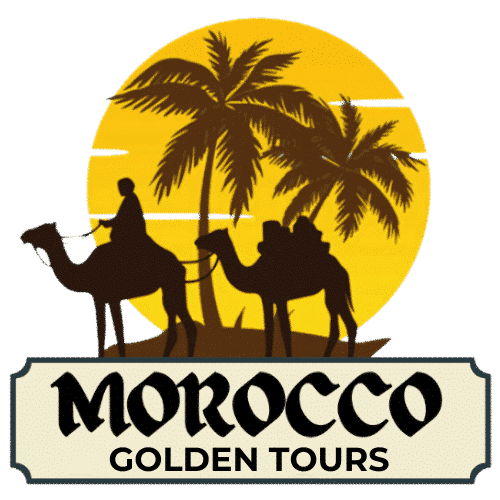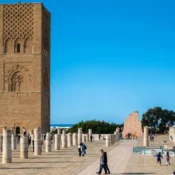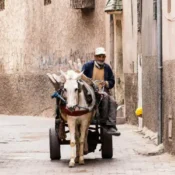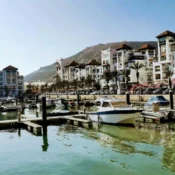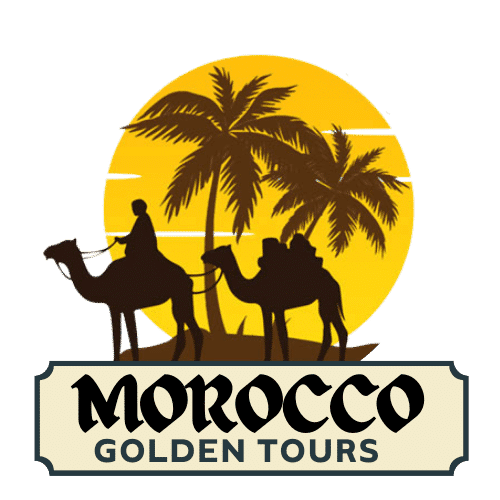Traditional Moroccan Clothing: Your Guide to Culture, Beauty, and Style
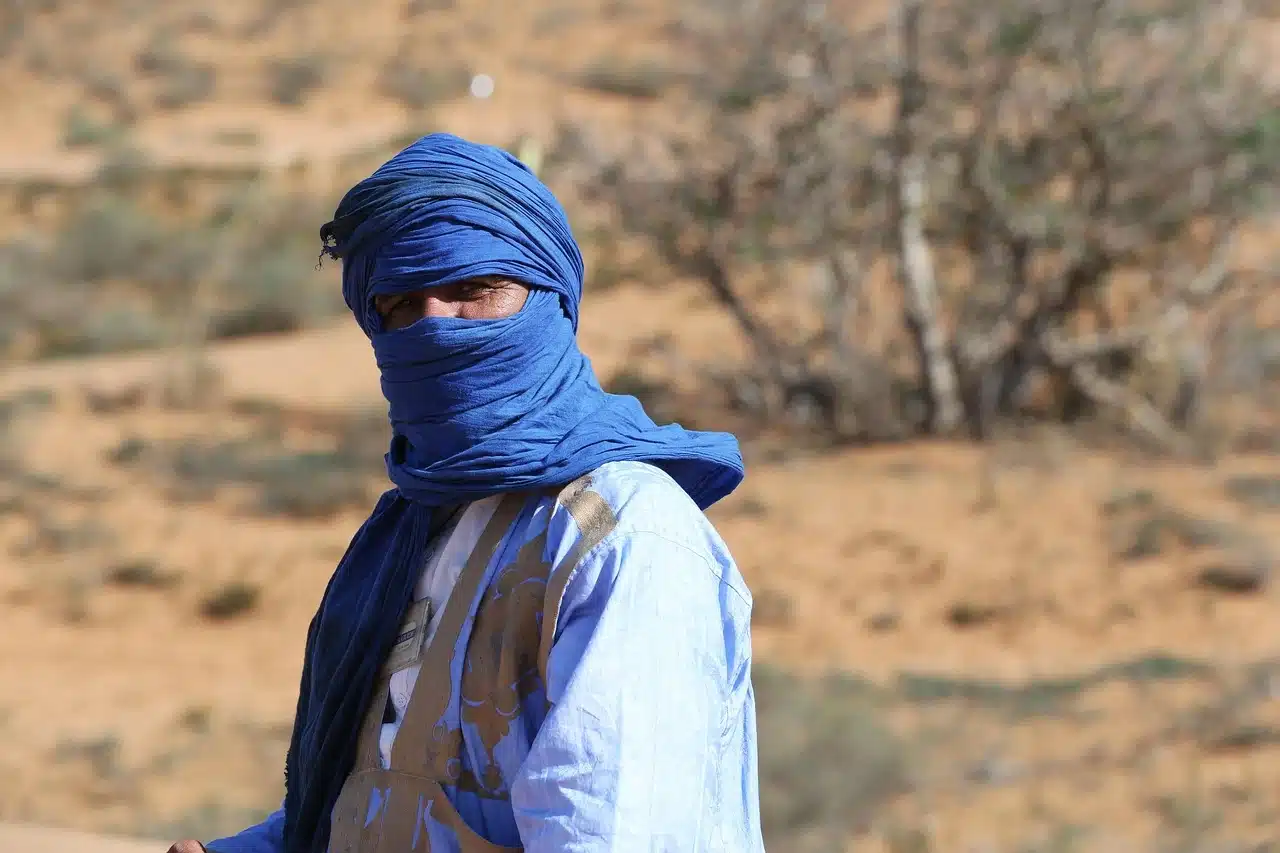
Are you curious about the beauty of traditional Moroccan clothing? Do you want to learn more about what Moroccans wear and why it’s special? You’re in the right place.
In this article, you’ll explore the history, meaning, and styles of traditional Moroccan clothing. You’ll discover how it connects people, culture, and identity. Plus, you’ll see how you can wear these beautiful clothes too.
Table of Contents
Why Traditional Moroccan Clothing Is So Special
When you wear traditional Moroccan clothing, you don’t just wear something nice. You wear a piece of history. You wear a part of Moroccan life.
These clothes show love, respect, and family. They are worn on holidays, weddings, and other happy days. Every design, color, and fabric has a meaning.
You may see different styles in every city. That’s because Morocco is full of culture. You can feel the mix of Arab, Amazigh (Berber), Sahrawi, and Andalusian traditions.
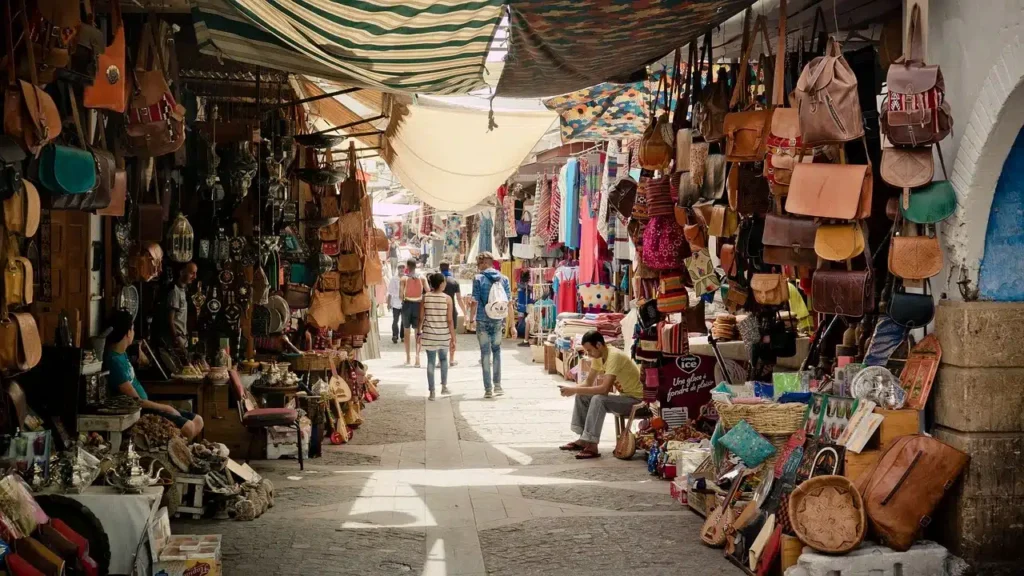
Types of Traditional Moroccan Clothing for Women
There are many beautiful outfits for women. Each one is special. Each one tells a story.
Caftan (Kaftan)
- Long dress with shiny fabrics
- Worn during weddings and big parties
- Often has gold or silver details
- Comes in many colors and patterns
Takchita
- Two layers: a simple dress and a fancy robe
- A belt called “Mdamma” is added
- Used for big events like Eid or weddings
- Looks royal and elegant
Haik and Melhfa
- Haik: white cloth wrapped around the body (used in the north)
- Melhfa: colorful cloth worn in the desert regions
- Both are long and flowing
- They cover the body and show modesty
Traditional Moroccan Clothing for Men
Men also wear amazing outfits. They are simple but powerful. They show tradition and pride.
Djellaba
- Long robe with a hood
- Can be made of cotton or wool
- Worn daily or for prayer
- Often white on Fridays
Gandoura
- A light tunic without sleeves
- Great for hot days
- Easy to wear and move in
Burnous and Selham
- Cloaks made of wool
- Worn in cold weather
- Often worn by older men or during ceremonies
- Show dignity and respect
Accessories That Add Magic to Moroccan Clothing
You can’t miss the accessories. They are the final touch. They make the look complete.
Jewelry and Belts
- Amazigh silver jewelry is full of symbols
- Necklaces, bracelets, and earrings are often big and shiny
- Belts are colorful and made of fabric or metal
- The belt (Mdamma) helps shape the dress
Head Coverings and Scarves
- Women may wear headscarves or veils
- Men wear turbans in the desert
- These protect from sun and sand
Babouches (Moroccan Slippers)
- Soft leather shoes
- No heels and no noise when walking
- Handmade in many colors
- Can be plain or decorated
When Do People Wear Traditional Moroccan Clothing?
You may wonder when to wear traditional Moroccan clothing. The answer is: anytime! But some clothes are for special moments.
| Occasion | Men’s Clothing | Women’s Clothing |
|---|---|---|
| Daily Life | Djellaba, Gandoura | Simple Caftan or Djellaba |
| Friday Prayers | White Djellaba | Elegant Djellaba |
| Weddings | Burnous, Selham | Takchita, Fancy Caftan |
| Eid or Parties | Embroidered Djellaba | Colorful Takchita |
During these times, you’ll see the streets full of color. Everyone looks their best. You’ll feel the joy and energy all around you.
Materials and How Traditional Moroccan Clothing Is Made
The clothes are not made in factories. Many are handmade. That’s why they look so unique.
- Caftans use silk, velvet, or brocade
- Wool is used in winter robes
- Colors come from natural dyes
- Embroidery is done by hand
- Some styles take weeks to finish
You support artists and old traditions when you buy these clothes.
Traditional Moroccan Clothing in Today’s World
You might think these clothes are old. But that’s not true. Many people wear them with a modern twist.
- Designers now mix old and new styles
- You can find short caftans or lighter fabrics
- Fashion shows in Paris and Dubai show Moroccan clothes
- Celebrities wear Moroccan-inspired outfits too
You can wear traditional Moroccan clothing and look both classic and modern.
Where to Buy Traditional Moroccan Clothing
Now, you’re probably asking: where can I find these beautiful clothes? There are many options!
If you are in Morocco:
- Visit the souks of Marrakech, Fez, or Chefchaouen
- Talk to local tailors to make your own custom piece
- Look for hand embroidery and real fabric
If you are shopping online:
- Many trusted shops sell online
- Make sure the site sells handmade items
- Always check reviews and photos
FAQs
What is traditional Moroccan clothing called?
It includes Caftans, Djellabas, Gandouras, Takchitas, and Selhams.
Can I wear Moroccan clothing as a tourist?
Yes! It’s respectful and appreciated. People love when you enjoy their culture.
What do people wear at Moroccan weddings?
Women wear Caftans or Takchitas. Men wear Djellabas or a Burnous.
Are Moroccan clothes comfortable?
Very! Most are loose and made from soft fabric. They’re perfect for the weather.
Where can I buy real Moroccan clothing?
You can buy from souks in Morocco or trusted online stores. Just contact us
Ready to Feel the Magic of Moroccan Clothing?
Now you know why traditional Moroccan clothing is more than just fashion. It’s about meaning. It’s about identity. It’s about beauty.
Whether you want a stunning Takchita, a soft Djellaba, or handmade Babouches you can find them all.
👉 Visit our website today and discover real Moroccan clothing you will love!
Don’t wait. Bring Morocco’s beauty to your wardrobe.
